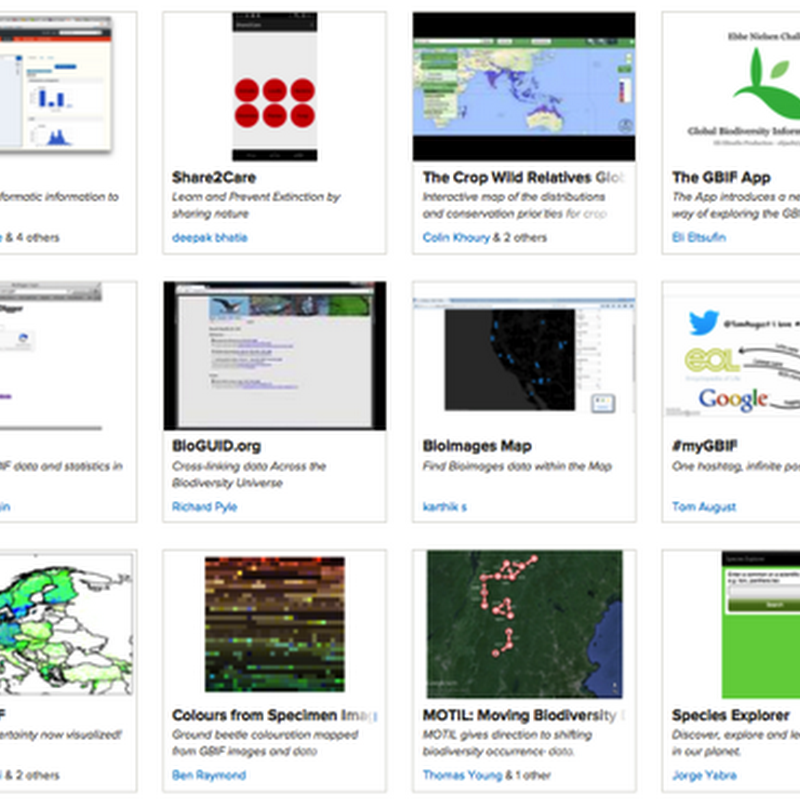
In a classic paper Boggs (1949) appealed for an “atlas of ignorance”, an honest assessment of what we know we don’t know: This is the theme of this year's GBIF Challenge: Analysing and addressing gaps and biases in primary biodiversity data. "Gaps" can be gaps in geographic coverage, taxa group, or types of data. GBIF is looking for ways to access the nature of the gaps in the data it is aggregating from its network of contributors.






